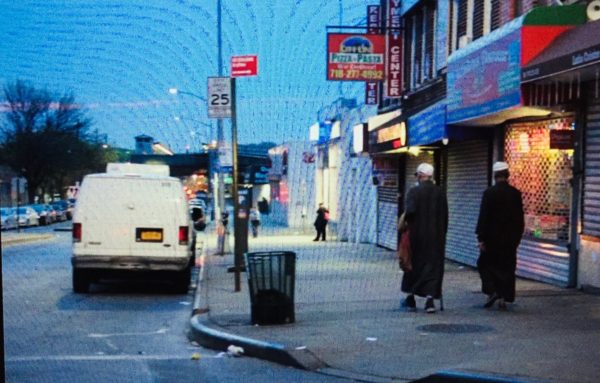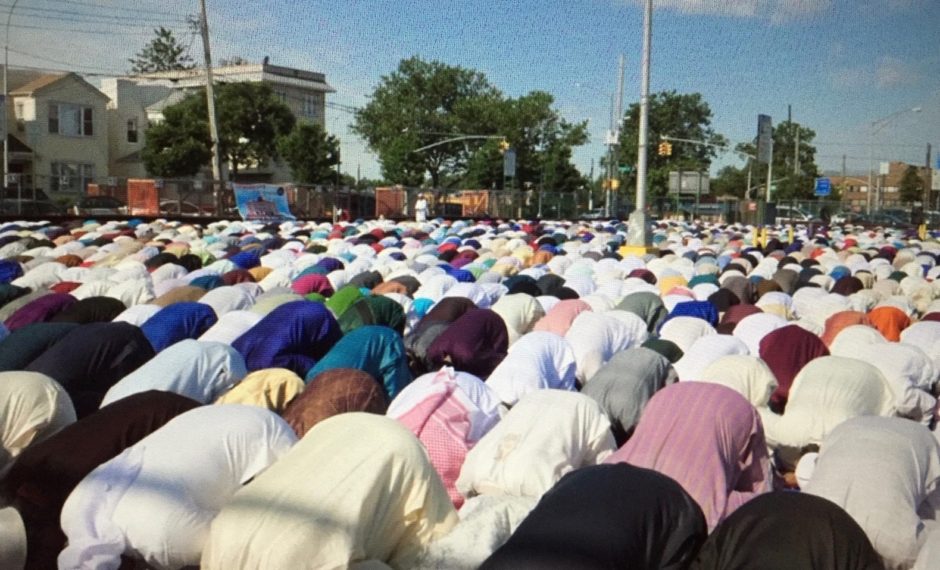Adam Zucker’s American Muslim leaves a viewer with a nuanced portrait of Muslims in the United States in the age of Donald Trump. It will be screened at New York City’s DOC NYC, the country’s largest documentary film festival, on November 10 and 12.
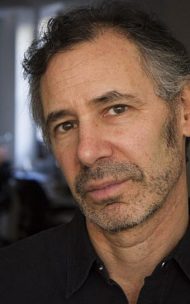
This impassioned and informative movie tells us that Muslims, comprising one percent of the population, form an extremely diverse community in terms of national origin, ethnicity and racial background.
Although 42 percent of American Muslims were born in the U.S., almost 60 percent are first-generation immigrants. And it’s a growing community. In 2017, 3.3 million Americans identified as Muslims, compared to 2.7 million in 2011 and 2.3 million in 2007.
While a fair number are Arabs, Zucker — a Jewish filmmaker from New York City — points out that not all Arabs are Muslims and that not all Muslims are Arabs.
Zucker focuses on Muslims living in the greater New York City area — Bay Ridge and Sunset Park in Brooklyn and Ozone Park in Queens. The majority of Muslims in these neighborhoods are from Asian countries like Bangladesh and Indonesia, which has the world’s largest Muslim population.
The Muslims who appear in his film are proud to be Americans. As one says, “Being a good Muslim is being a good American.”
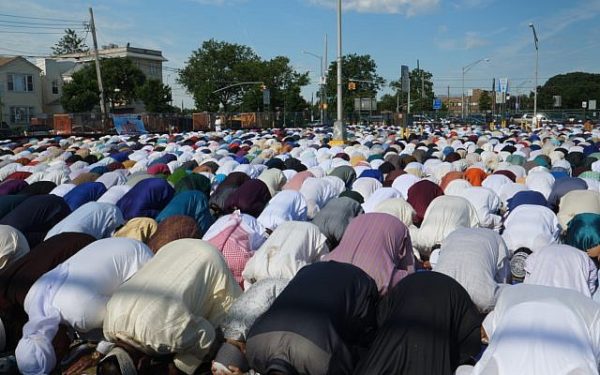
He focuses on several Muslims.
Mohamed Bahi, an activist of Algerian descent, helps Muslim newcomers adapt to their new homes. One of the most appealing figures in the film, he’s an amiable, down-to-earth person who arranges a rent-free apartment for a financially-pressed Syrian family for one year. Debbie Al-Montaser is a school principal whose family was originally from Yemen. Aber Kawasa is a young Palestinian woman whose father was deported to Jordan. Kobir Chowdhury assists immigrants from his homeland, Bangladesh. An Indonesian imam named Shamsi Ali is also featured.
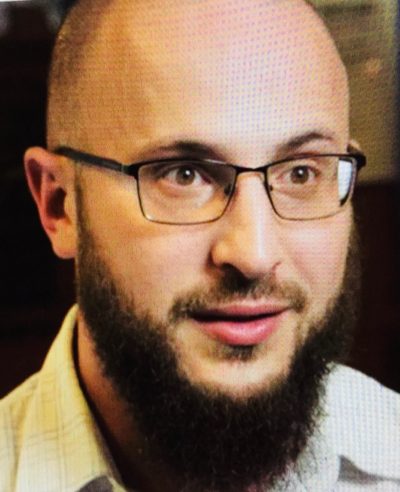
Much of Zucker’s film deals with the Islamophobia, which has gripped the United States since 2001.
Anti-Muslim feelings were set off by the events of September 11, 2001, when 19 Arab terrorists, mainly Saudis, hijacked three American passenger airliners and crashed them into the World Trade Center in Manhattan, the Pentagon in Washington, D.C. and an empty field in Pennsylvania, resulting in the deaths of nearly 3,000 people.
Capitalizing on this mood, U.S. President Donald Trump, in 2017, imposed a 90-day travel ban on Muslims from seven predominately Muslim countries. Last year, the U.S. Supreme Court upheld it by a margin of 5-4.
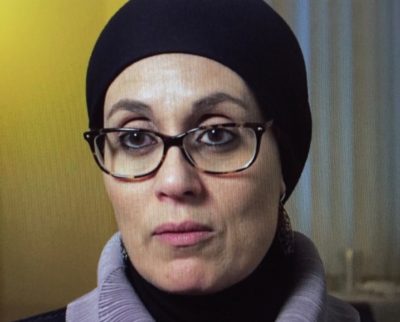
Al-Montaser describes 9/11 as “a crazy frightening time,” but refuses to be held personally responsible for Muslims “who do things in the name of Islam.”
Kawas, 25, assumed that every American Muslim would be interned in the wake of 9/11. “People were afraid,” she says. Zucker doesn’t explain why her father was deported.
After 9/11, Chowdhury realized he might be targeted because of his stereotypical Muslim appearance.
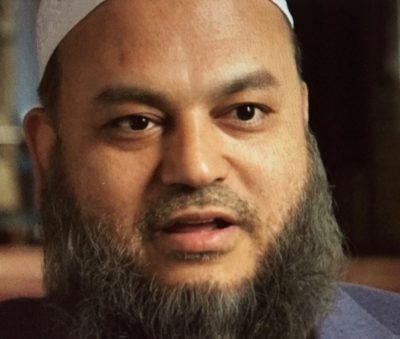
All of the interviewees oppose Trump’s travel ban as unjust. Much to his anguish, a businessman is prohibited from inviting his mother in Yemen to the United States.
In a brief clip, the Palestinian American activist Linda Sarsour denounces the Supreme Court verdict that legitimized Trump’s ban. It carries no moral weight, she argues, because Supreme Court judges have made egregious mistakes, having upheld segregation and the internment of Japanese Americans during World War II.
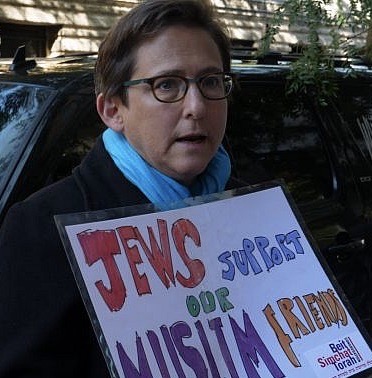
Muslims like Shamsi Ali and Al-Montaser are involved in interfaith activities with their Jewish and Christian counterparts. One rabbi, Sharon Kleinbaum, speaks of “incredibly moving moments of coming together.” Ali acknowledges he was criticized by fellow Muslims for appearing at a synagogue. Zucker neglects to delve into the details. His apparent lack of curiosity is puzzling.
American Muslim is generally upbeat in describing the Muslim community. And while it’s a legitimate approach, Zucker could have painted a rounder and fuller picture of it had he also interviewed Muslims who feel alienated from American society due to their radical Islamic beliefs.
